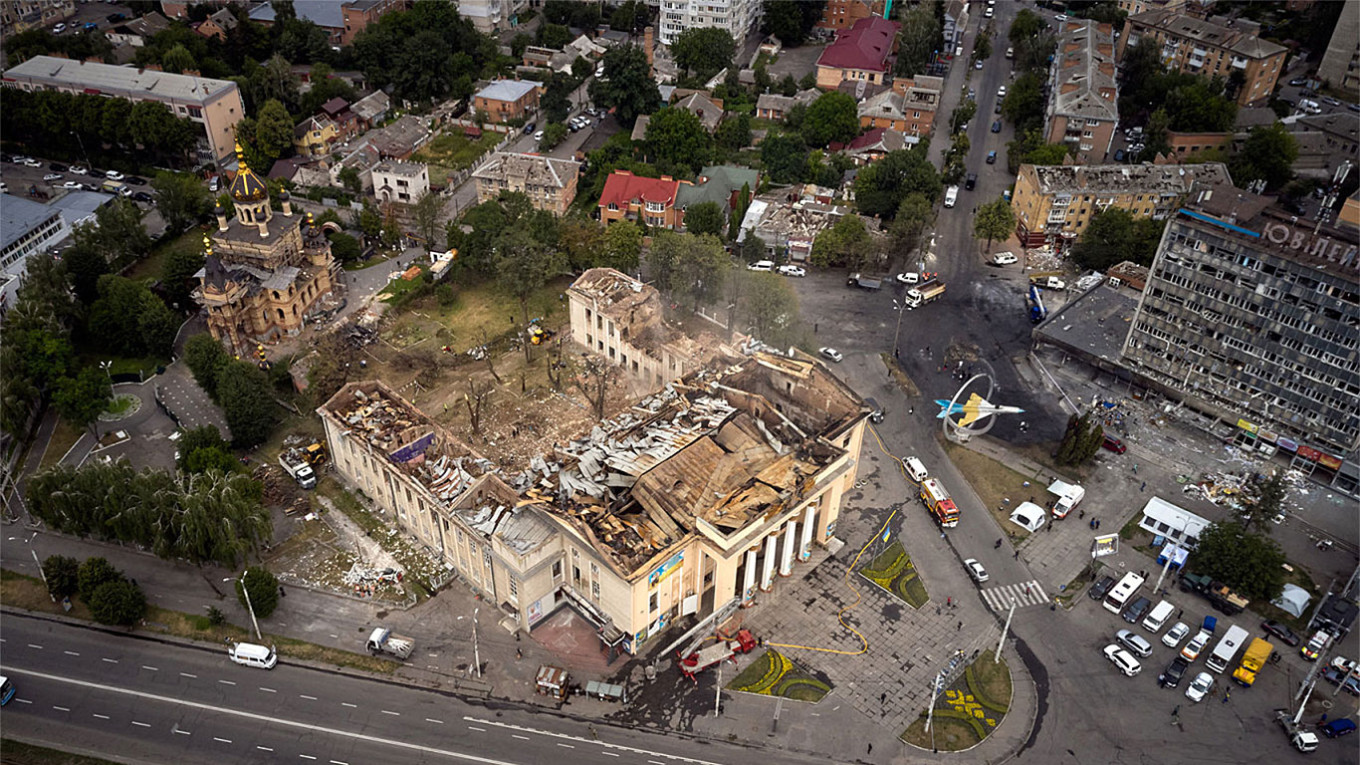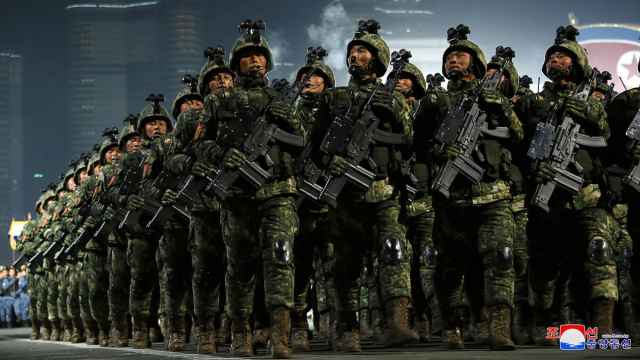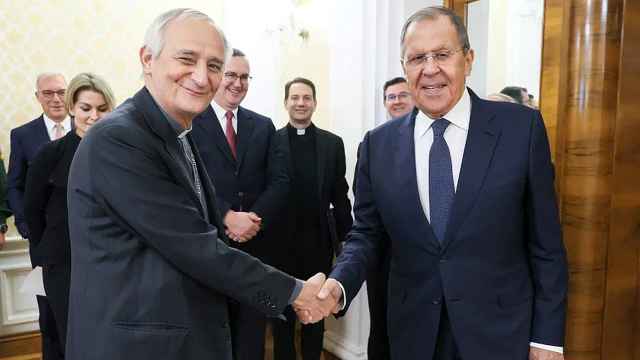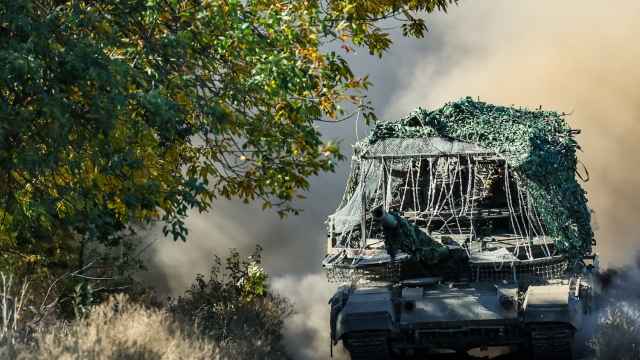A secret Russian military unit staffed by dozens of mostly young engineers and IT professionals is behind the selection of targets for deadly missile strikes in Ukraine, according to an independent investigation published Tuesday.
According to the investigative group Bellingcat, independent Russian news website The Insider and German weekly Der Spiegel, at least 33 military engineers work at the little-known Main Computation Center of the General Staff (GVTs).
They are reportedly broken down into three 10-person teams responsible for sea-, air- and ground-launched cruise missiles and working from secure command centers in Moscow and St. Petersburg.
“Some had prior military service as navy captains or ship engineers. Others had prior civilian work experience as corporate IT specialists or game designers,” Bellingcat wrote.
Citing a GVTs member who agreed to speak on condition of anonymity, the outlet described the planning stage of missile attacks:
“[T]he pre-flight planning requires simulation of the complete flight path from launch site to target. The resulting flight path plan as well as the algorithm for course adjustments based on various inputs is loaded by the programmers onto a ruggedized memory stick, which is then passed on to the launch location and inserted into the missile.”
Bellingcat said it obtained the information on GVTs members by tracking phone call clusters between graduates of Russia’s military engineering schools and analyzing employment data leaked on Russia’s notorious online black market.
The joint investigative report said it found a connection between spikes in phone calls from alleged GVTs members to their superiors and missile strikes on Ukraine in the days that followed. The calls correlated with deadly attacks on March 13, Sept. 14 and Oct. 10.
In the biggest wave of Russian strikes, from Oct. 10-18, at least 70 Ukrainian civilians were killed and 40% of the country’s energy infrastructure knocked out. Bellingcat’s joint report with The Insider and Der Spiegel suggested the GVTs had been preparing for the latest strikes since at least Oct. 2.
Most of the alleged GVTs members either did not respond to the reporters’ calls and text messages or denied working for Russia’s Armed Forces, even if they were shown photographs of themselves in military uniform with the GVTs insignia.
Lt. Col. Igor Bagnyuk appears to command the GVTs’ “missile pre-planners sub-unit,” the joint investigative team reported, citing a member of the unit who provided individual photos of Bagnyuk and group photos of the unit.
Bagnyuk’s commander and the highest-ranking individual publicly named as GVTs director is Maj. Gen. Robert Baranov, the joint investigative team reported.
All 33 members of the secret unit were said to have registered their residences and workplaces at the official address of the Russian Armed Forces’ General Staff.
Russia has labeled Dutch-based Bellingcat and Latvia-registered The Insider as “foreign agents.” This year, the outlets’ work in the country was outlawed as “undesirable” and any Russian national who cooperates with the outlets or cites their work faces criminal prosecution.
A Message from The Moscow Times:
Dear readers,
We are facing unprecedented challenges. Russia's Prosecutor General's Office has designated The Moscow Times as an "undesirable" organization, criminalizing our work and putting our staff at risk of prosecution. This follows our earlier unjust labeling as a "foreign agent."
These actions are direct attempts to silence independent journalism in Russia. The authorities claim our work "discredits the decisions of the Russian leadership." We see things differently: we strive to provide accurate, unbiased reporting on Russia.
We, the journalists of The Moscow Times, refuse to be silenced. But to continue our work, we need your help.
Your support, no matter how small, makes a world of difference. If you can, please support us monthly starting from just $2. It's quick to set up, and every contribution makes a significant impact.
By supporting The Moscow Times, you're defending open, independent journalism in the face of repression. Thank you for standing with us.
Remind me later.






